Freight All Kinds (FAK) is a shipping classification method that allows different types of goods to be transported under a single freight rate, regardless of their individual National Motor Freight Classification (NMFC) codes. Instead of assigning separate rates based on density, stability, handling, and liability, FAK consolidates multiple classifications, streamlining pricing and reducing administrative burdens for shippers and carriers.
This system is widely used in logistics to simplify freight rate negotiations and improve efficiency in shipping operations. FAK agreements benefit businesses that ship various products, providing cost savings and predictable pricing.
How is FAK Determined?
FAK (Freight All Kinds) classifications are determined through negotiations between shippers and carriers based on several key shipping factors, including base rate, weight, density, minimum charges, and FAK tiers (FAKs). Instead of assigning separate National Motor Freight Classification (NMFC) codes, an FAK allows multiple freight classes to be consolidated under a single classification, streamlining pricing and improving efficiency.
The primary considerations include:
- Base Rate: The base rate is the fundamental cost per hundredweight (CWT) that a carrier charges before additional adjustments like weight breaks or discounts.
- Weight Considerations: FAK pricing structures depend on shipment weight. Generally, heavier shipments qualify for lower per-CWT rates because they provide carriers with more revenue per trip. Lighter freight may still be subject to higher rates if it falls outside the agreed-upon FAK classifications.
- Density and Freight Classification: Freight density (weight per cubic foot) plays a crucial role in NMFC classifications. Since different goods have varying densities, FAK consolidates multiple classifications into a single or reduced-class structure. Higher-density goods typically fall into lower freight classes, potentially reducing costs under FAK agreements.
- Minimum Charge (Absolute Minimum Charge – AMC): Most carriers enforce a minimum charge per shipment, regardless of weight or volume, to cover operating costs. FAK agreements must align with these minimums to ensure carriers maintain profitability while offering competitive rates to shippers.
- FAK Tiers (FAKs): FAKs refer to different tiers within an FAK agreement, where multiple freight classes are grouped into a single pricing level. For example, a shipper dealing with products classified between Class 50 and Class 100 might negotiate an FAK 85, meaning all shipments within that range are billed at Class 85 rates. This helps simplify logistics and reduce overall freight costs.
- Shipment Volume and Frequency: Shippers who transport high volumes regularly often secure more favorable FAK rates. Frequent, bulk shipments help carriers optimize capacity and provide more consistent business, making them more likely to agree to lower FAK pricing.
How Can a FAK Help Your Rates?
A Freight All Kinds (FAK) agreement can provide significant cost savings by grouping multiple freight classes into a single, standardized rate. This simplifies pricing, reduces administrative burdens, and allows businesses to better predict shipping expenses. Additionally, FAK helps shippers avoid reclassification fees and negotiate better rates with carriers. Below are key ways FAK can improve your shipping costs:
- Reducing Freight Costs – FAK groups multiple freight classes into one, often lowering the overall rate by averaging classifications.
- Simplifying Pricing and Rate Consistency – Eliminates the need to calculate different NMFC classifications, making freight costs more predictable and stable.
- Lowering Minimum Charges – Helps reduce Absolute Minimum Charges (AMC) per shipment, making it cost-effective for smaller or mixed shipments.
- Optimizing Freight Density and Weight-Based Discounts – Allows for better density-based pricing, ensuring lightweight shipments don’t incur unnecessarily high rates.
- Increasing Negotiation Leverage – High-volume shippers can use FAK to secure better contract rates and more favorable pricing structures.
- Reducing Freight Reclassification Issues – Minimizes billing disputes by setting a single freight class, reducing unexpected reclassification charges.
- Improving Operational Efficiency – Simplifies freight management by optimizing shipments, reducing administrative work, and lowering transportation costs.
To fully capitalize on the benefits of FAK, working with a reliable freight provider can significantly enhance efficiency and cost savings. For instance, Intoglo, a cross-border FCL Shipping provider from India to the USA, offers several key advantages:
- Instant rates with transparent pricing and clear terms & conditions, helping businesses plan their logistics costs accurately.
- Customs bond services for U.S. exporters, ensuring smooth customs clearance and compliance with U.S. regulations.
- U.S. time zone communication with a dedicated team available during U.S. business hours, providing hassle-free communication with U.S.-based consignees.
By partnering with Intoglo, companies can simplify their cross-border shipping, reduce costs, and ensure compliance, all while enjoying better communication and service reliability.
International vs Domestic FAK Shipping
Freight All Kinds (FAK) agreements simplify shipping costs for both international and domestic freight, but their application differs based on pricing structures, regulations, and logistics practices.
International FAK Shipping
In ocean and air freight, FAK allows multiple product types to be grouped under a single freight rate, reducing classification complexities.
- FAK in Ocean Freight: Used for Full Container Load (FCL) and Less than Container Load (LCL) shipments, ensuring predictable pricing by applying a weight or volume-based rate.
- Customs & Compliance: Although FAK simplifies pricing, shippers must still comply with customs regulations and trade agreements to avoid penalties.
- Freight Forwarders & NVOCCs: These entities negotiate FAK rates with carriers, consolidating different shipments under one rate for better cost control.
Domestic FAK Shipping
In Less than Truckload (LTL) and Full Truckload (FTL) trucking, FAK agreements streamline freight costs by consolidating multiple NMFC classes into a single rate.
- LTL Freight & FAK: Helps shippers avoid freight reclassification fees by applying a fixed rate across different freight classes.
- FTL Freight & FAK: Less common, but large shippers may negotiate FAK-based contracts for more predictable pricing.
- Efficiency & Cost Savings: Domestic FAK reduces administrative work, simplifies billing, and improves logistics efficiency for businesses shipping diverse goods.
Key Differences Between International and Domestic FAK Shipping
| Feature | International FAK | Domestic FAK |
| Primary Mode | Ocean & Air Freight | LTL & FTL Trucking |
| Freight Type | FCL, LCL, Air Cargo | LTL & FTL Shipments |
| Pricing Basis | Weight, Volume, or Container Size | NMFC Classification for LTL, Mileage-Based for FTL |
| Regulatory Impact | Must comply with customs and international trade laws | Follows domestic freight carrier policies |
| Who Negotiates? | Freight Forwarders, NVOCCs, Carriers | Shippers, Brokers, Carriers |
FAK agreements benefit both international and domestic shippers by reducing costs and simplifying pricing. While international FAK helps manage global freight and customs requirements, domestic FAK focuses on consolidating LTL freight classes for better cost efficiency.
Also Read: Understanding CSF, ISPS, and Freight Charges in Shipping Services
Which Goods Does Not Qualify for FAK Shipping?
While Freight All Kinds (FAK) agreements offer significant advantages in simplifying freight rates and consolidating various commodities, there are certain types of items that cannot be shipped under FAK due to specific handling requirements, liability concerns, or regulatory restrictions. Below are some of the most common exclusions:
1. Hazardous Materials
Items classified as hazardous materials or dangerous goods (e.g., chemicals, explosives, flammable liquids) typically cannot be shipped under FAK. These items require specialized handling, packaging, and documentation, which is outside the scope of FAK agreements designed for standard goods.
2. High-Value or Fragile Goods
High-value items (such as electronics, jewelry, fine art) or fragile goods (like glassware or ceramics) often require specialized care and insurance. Because FAK rates tend to cover a broader range of goods, these items might not fit within the same risk profile and handling procedures as those under FAK.
3. Perishable Goods
Perishable goods (e.g., fresh produce, meat, or pharmaceuticals) require temperature-controlled shipping and specific shelf-life management. These goods have unique handling and delivery windows that do not align with the broader classification system used in FAK.
4. Oversized or Overweight Items
Items that are extremely large or heavy (e.g., machinery, construction equipment) may not qualify for FAK due to their size or weight. These require special handling, permits, and equipment that differ from standard FAK rates.
5. Items with Special Insurance Needs
Some goods have specific insurance requirements due to their high liability risk (e.g., valuable documents or rare items). FAK generally applies to shipments with standardized risks, and these high-risk items would need to be treated separately with specific insurance coverage.
Other Areas Where FAK’s Are Used
FAK (Freight All Kinds) classifications are used in various sectors beyond traditional freight shipping. Supply chain management and e-commerce logistics benefit from FAK by streamlining inventory and shipment processes for diverse products, enhancing efficiency. Third-party logistics providers (3PLs) use FAK to offer flexible, cost-effective solutions for clients with varied goods. FAK is also helpful in multimodal shipping, project cargo, and reverse logistics, improving predictability and lowering operational costs across different industries.
What are the Benefits of FAK Classification?
FAK (Freight All Kinds) classification offers a range of advantages for businesses looking to streamline their shipping processes. By consolidating multiple freight classes under a single rate, FAK helps reduce complexity and optimize costs. Here are some key benefits:
- Simplified Pricing Structure: By grouping various goods under one classification, shippers can easily predict and manage their shipping costs, without worrying about fluctuating rates for different commodities.
- Cost Savings: Since FAK consolidates goods into a single freight rate. It avoids the need to pay different, often higher rates for items with different National Motor Freight Classification (NMFC) numbers. This is particularly beneficial for shippers who move mixed freight.
- Streamlined Logistics: With FAK, logistics and inventory management become more straightforward. Shippers no longer need to keep track of multiple freight classes, reducing administrative work and the chance for errors in freight classification, billing, and paperwork.
- Reduced Risk of Reclassification Fees: Incorrectly classifying freight can lead to reclassification fees, additional charges, and billing disputes. With FAK, shippers have a single classification, significantly reducing the risk of incurring such fees or issues.
How FAK Works: An Example
Imagine a company called ABC Electronics, which manufactures and ships a variety of products like smartphones, laptops, and smart home devices. They need to ship a mixed batch of these products from their warehouse in New York to their distribution center in California. Without FAK, each item would need to be classified separately under its respective National Motor Freight Classification (NMFC) number, complicating the pricing and shipping process.
However, with a Freight All Kinds (FAK) agreement, ABC Electronics can streamline this process. Here’s how:
With an FAK Agreement in Place:
- Simplified Shipping Costs: All the products (smartphones, laptops, and smart home devices) are grouped under a single, unified freight rate, regardless of their individual classifications.
- Cost Savings: By consolidating items under FAK, ABC Electronics avoids paying different, often higher, rates for each product type. The simplified rate typically reduces overall shipping costs.
- Streamlined Documentation: Instead of filling out separate paperwork for each classification, ABC Electronics only needs to submit one FAK rate, reducing administrative work and the chance of errors.
- Improved Predictability: The company now has a single rate to work with, which helps them more accurately forecast shipping costs and budget accordingly.
- Faster Logistics: Consolidating shipments under one rate speeds up the shipping process, as it eliminates the need to classify and separate different items, allowing the logistics team to move goods more efficiently.
Benefits for ABC Electronics:
- Fewer administrative tasks for the logistics team.
- Reduced risk of reclassification fees due to the simplified rate structure.
- More predictable shipping costs across multiple product types.
- Improved overall efficiency in both shipping and inventory management.
In this scenario, FAK helps ABC Electronics streamline their operations, lower costs, and improve logistical efficiency when shipping a variety of mixed goods.
Conclusion
FAK (Freight All Kinds) is a valuable solution for businesses looking to simplify their shipping processes, reduce costs, and improve efficiency. By consolidating diverse products under a single freight rate, companies can avoid the complexities of managing multiple classifications and unpredictable shipping costs. Whether it’s domestic or international shipping, FAK provides a streamlined approach that enhances cost management, logistics efficiency, and forecasting accuracy.
For businesses looking to optimize cross-border shipping, Intoglo offers an ideal solution. Serving over 200 clients, including MSMEs, D2C brands, and large enterprises, Intoglo has extensive experience shipping a wide range of products such as food, automotive parts, and beauty & wellness items.
With a robust network of over 50 warehouses across the USA and seamless customs clearance in both India and the USA, Intoglo ensures your shipments are handled with care and precision.
Get an instant free quote for your next shipment from India to the USA.


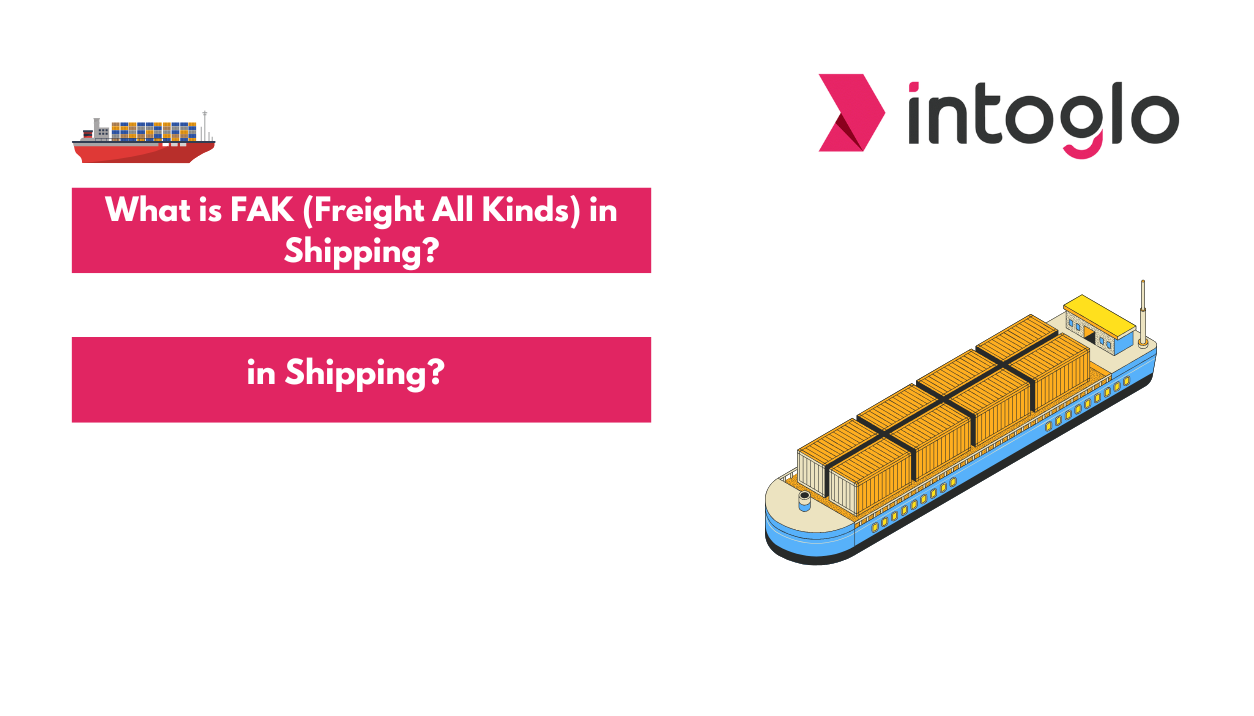
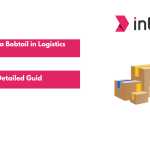

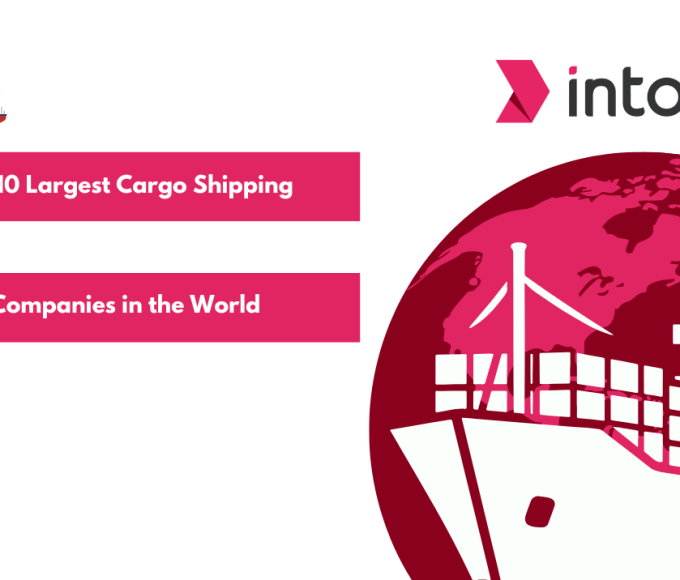
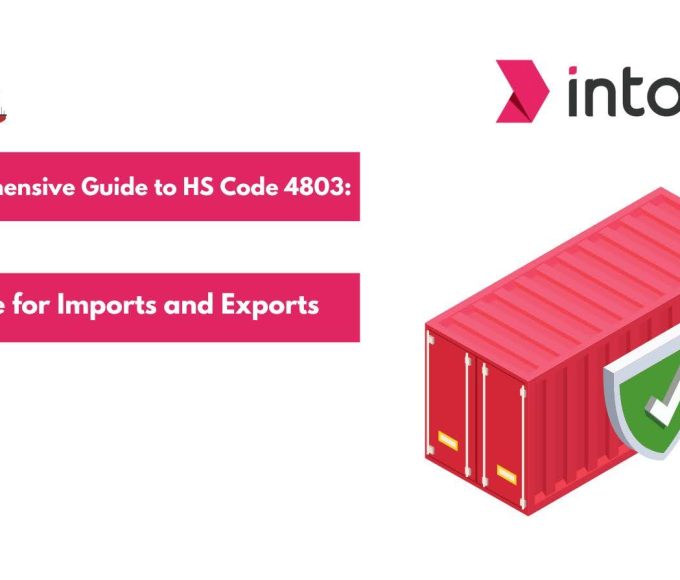
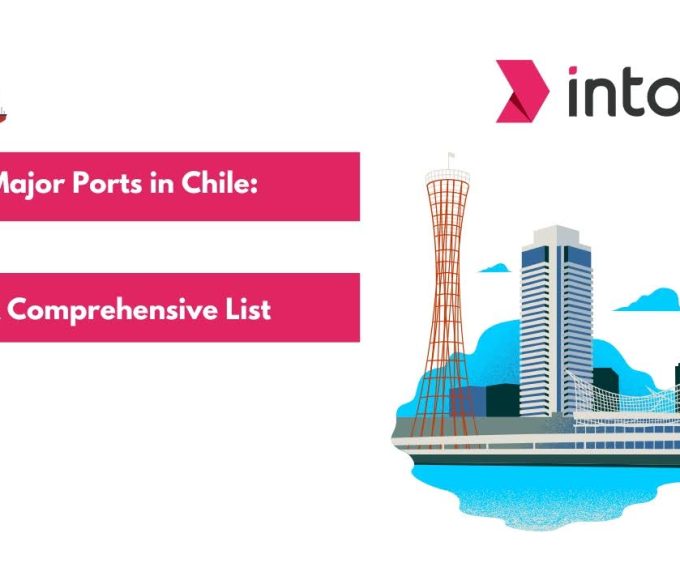
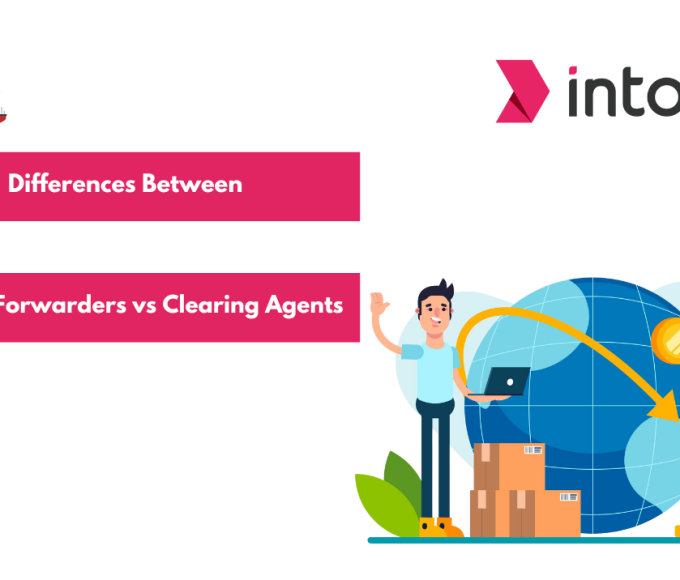
Leave a comment